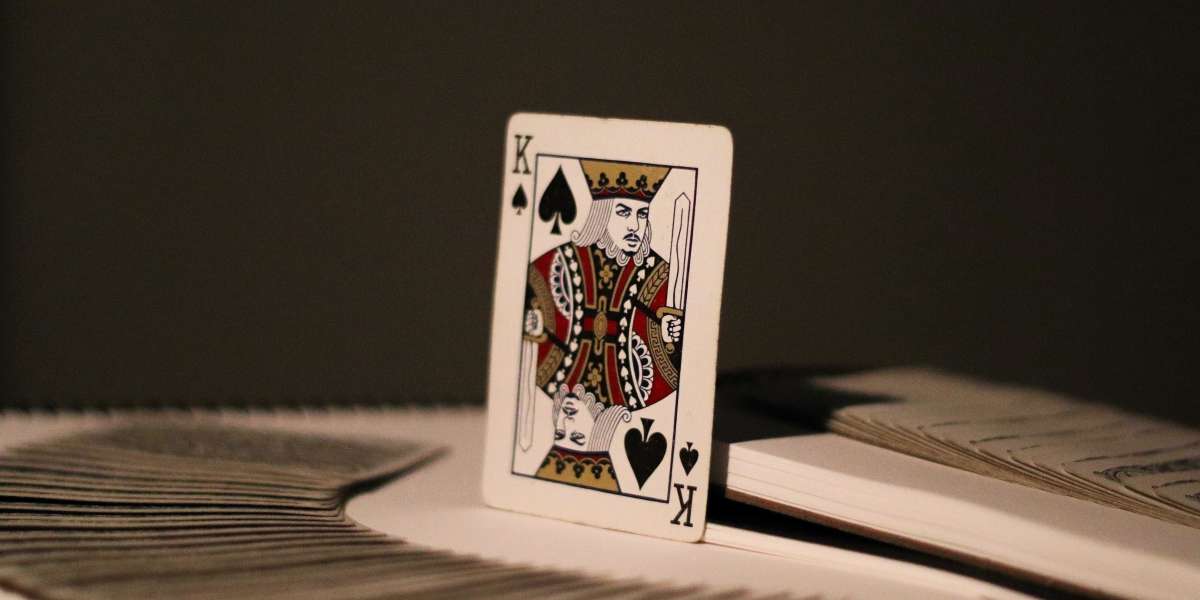In this exploration, we unravel the layers of the gambler's psyche, shedding light on the factors that make Satta King a captivating yet complex experience.
What is Satta King:
At the core of Satta King lies the delicate balance between risk and reward. The game's premise revolves around placing bets on a chosen number, with the hope that it aligns with the drawn result. The inherent uncertainty of the outcome adds an element of excitement, as participants navigate the fine line between potential financial gain and the risk of losing their investment. This dynamic interplay of risk and reward is a key driver of the psychological appeal of Satta King.
Anticipation and Adrenaline:
The thrill of anticipation is a powerful force that keeps participants engaged in the world of Satta King. As the live results draw near, the gambler's mind experiences a surge of adrenaline, heightening the senses and intensifying the emotional rollercoaster. The seconds leading up to the revelation of the winning numbers become a captivating journey, with each moment laden with excitement, anxiety, and anticipation.
The Gambler's Fallacy:
The gambler's fallacy, a cognitive bias that leads individuals to believe that past events influence future outcomes in random events, plays a significant role in the psychology of Satta King. Participants may perceive patterns or trends in previous results, influencing their choice of numbers and betting strategies. This fallacy adds a layer of complexity to the decision-making process, as individuals grapple with the interplay of randomness and perceived patterns.
Psychological Impact:
Engaging in speculative games like Satta King can have a profound psychological impact on participants. The highs of a win and the lows of a loss create a potent emotional cocktail that can influence decision-making and behavior. The pursuit of the next win, often fueled by the desire to recover losses, can lead to a cycle of risk-taking behavior that may have consequences beyond the confines of the game.
Social Connection:
The communal nature of Satta King, especially in the online realm, fosters a sense of social connection among participants. The shared experience of waiting for live results, discussing strategies, and celebrating wins or consoling losses creates a virtual community. This social aspect contributes to the overall appeal of Satta King, as participants find camaraderie and a sense of belonging within the community of enthusiasts.
Responsible Gaming Practices:
Understanding the psychological dynamics at play in Satta King is essential for promoting responsible gaming practices. Participants should be aware of the impact of emotions, cognitive biases, and the gambler's fallacy on their decision-making process. Setting limits, approaching the game as a form of entertainment rather than a guaranteed source of income, and recognizing the potential risks are crucial elements of responsible gaming within the context of Satta King.
Conclusion:
The psychology of Satta King adds a fascinating dimension to the game, as participants navigate the complexities of risk and reward, anticipation, and the impact of cognitive biases. Acknowledging the psychological aspects of speculative gaming is vital for promoting a healthy and responsible approach. As players engage with the enigmatic world of Satta King, understanding the workings of the gambler's mind becomes key to enhancing the overall gaming experience and mitigating potential risks.



